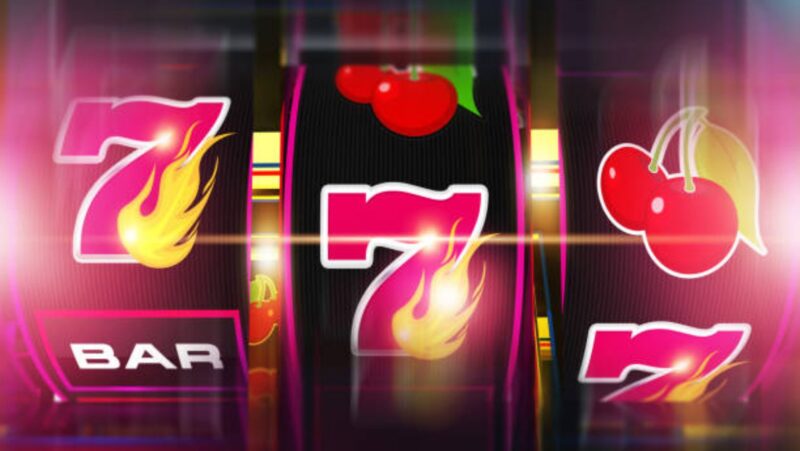
Games that require you to think and try to predict something are exciting. In a card, you must put your card higher than your opponent’s to win. They are not just about chance. They force you to start planning, estimate the costs and benefits of your actions, and make decisions with assurance. For anyone who likes to play prediction games, these are a gold mine that sharpens the brain and makes it fun.
Strategy-Based Card Games
Poker and Bridge are card games that relate to strategy; some challenge the mind. Generally, in poker, every hand requires the players to think. It’s like playing poker; you always count probabilities, measure other players, and learn to exploit whatever you get. With a Melbet log in, enthusiasts can test their skills against various players, making each hand a new opportunity to improve. It is not just for the professionals; it is a mental game in which everything regarding decision-making is essential. Bridge, on the other hand, challenges your partnership skills. You must plan a move two steps ahead and can only talk through movements. This makes it a very strategic and psychological game of connecting. The more you play, the more you learn that it is all about having a tempo with the partner you are playing with and knowing when to go with your instincts. Players benefit from those who can bear risks and maintain a cool head.
Real-Time Strategy and Decision-Making
RTS games like StarCraft typically escalate predictive skills even higher, combining speed with decision-making pressure. Indeed, in RTS games, you are not only competing with a human opponent but also with time and complexity.

Every action is built on an ability to think, adapt, and predict, so these are fascinating chess-like challenges.
Popular RTS games demand mastery of diverse skills:
- Resource Management: The dilemma of managing economy, reinforcement, and upgrades for their long-term viability.
- Battle Tactics: Plan your tactics, utilize maps, and determine the results of the fights for each warfare.
- Opponent Prediction: Predicting the actions of the competitor and, in turn, producing your strategic shocks.
In real time, every second matters, and this is especially true in chaotic situations. People need to learn how to win, control, and turn the tides in their favor.
Board Games that Test Prediction and Risk Assessment
In board games, there are two foundational activities: predicting and gambling. They involve strategy and probability, which require mastery of the brain and hand. Outthinking the opponent, calculating your chances of victory, and predicting the opponent’s next move are everything in the game. Platforms like Melbet India offer an exciting mix of casino and sports betting for those who enjoy strategy and chance. Every action matters, putting the player on the spot and making them think on their feet. Board games are great fun because they are as much strategy as cards.
Chess – Mastering Strategic Foresight
Chess is a game in which the future is revealed on a chess plate. Every part of this has its movement rules, which make people think about what will happen after the next step. To be a chess champion, you must be able to think five to ten or even more moves in advance, seeing how a whole series would pan out. It’s businesslike and gut-feeling simultaneously and is a way of designing the game before it can create you.
Strategy is the driver of all the chess moves. A single misjudgment creates a chain reaction, and it’s checkmate no matter what. This skill took Grandmasters years to build, and the game has been turned into an incredible display of strategizing. In chess, there is no chance; every step has a history, and every decision is a gamble that either brings you closer to the king or checkmate.
Backgammon – Balancing Luck and Strategy
Backgammon is an old game with emotions associated with players’ ability and chance. Players move their pieces along the checker’s game board, using the dice to decide how to capture or block their opponent’s pieces. Every turn seems like a choice and a game of dice, where one throw may make or break it.
The backbone of backgammon is the combination of some innovative strategies, and at the same time, you get the results of throwing the dice. The free section shows that winning consists of factors involving an element of luck, as players choose to go on the offense or play defense. It is one of the most patience—and endurance-demanding games, for every move has its chance or challenge towards triumph.
Prediction in Sports Simulation Games
Sports simulation games, such as FIFA and NBA 2K, are examples of where predictive skills confront reality. They force the player to learn the flow of real-life games, making every action, pass, and plan successful. It is not mere character manipulation; players are the athletes and realize how anticipation comes into play.
They combine accuracy with advanced planning, allowing a player to adapt to the tempo and try to guess what his opponent is likely to do next. They mimic the game on the football pitch or the basketball court, where your head starts to do the magical work as much as your legs or hands. When it comes to thinking in these games, it is not guesswork. It entails trying to predict the outcome of a sequence, a response, or a decision that might reflect an actual life situation. Every victory seems deserved, and every defeat is a learning point on accuracy and timing.
Reflecting on the Power of Predictive Games
Predictive games are fun, and at the same time, they offer the advantage of exercising the mind. They refine their gut, do not allow for gut decisions, and go to champions who can envision future events. They all portray the concept of planning at every turn or play.













